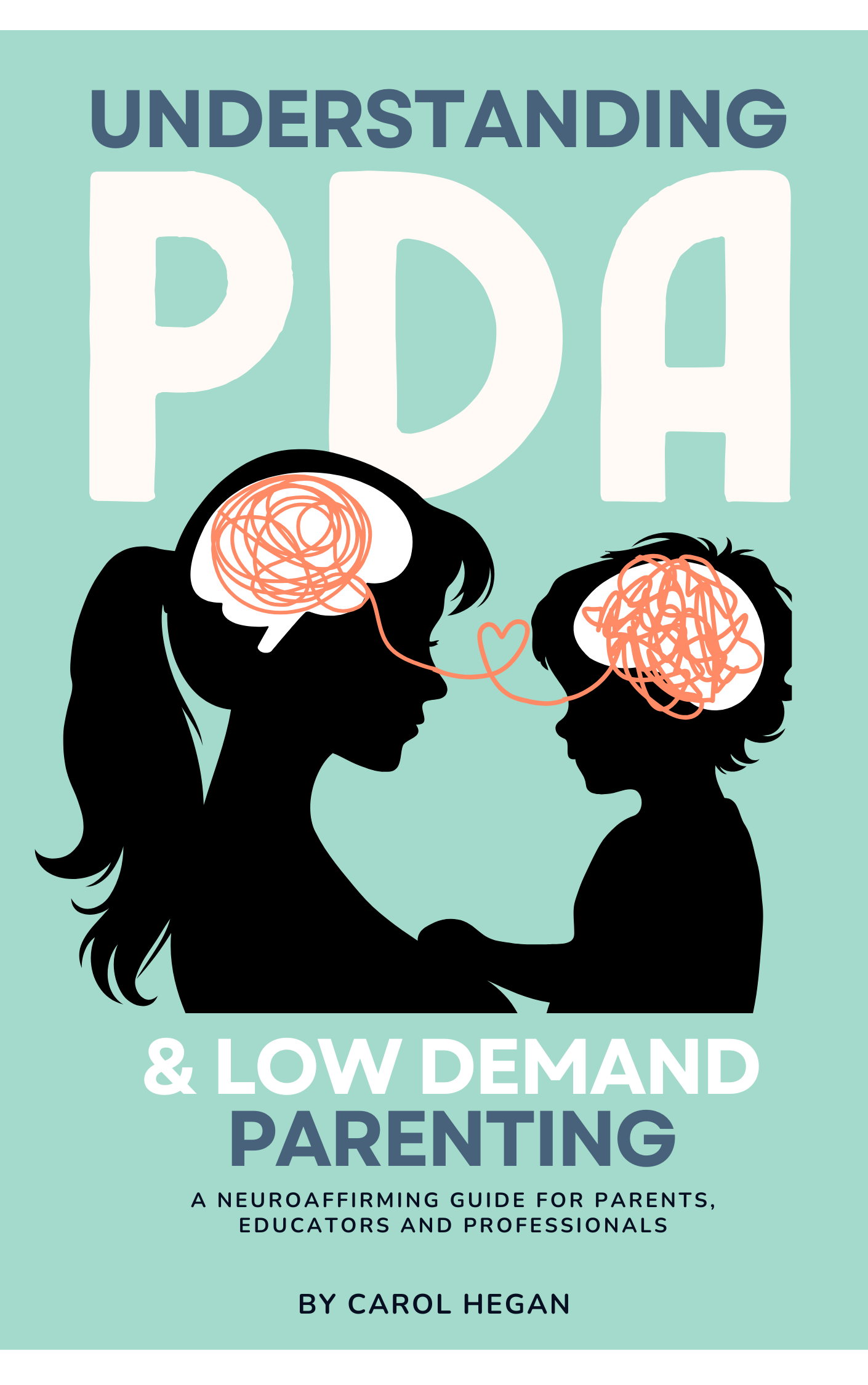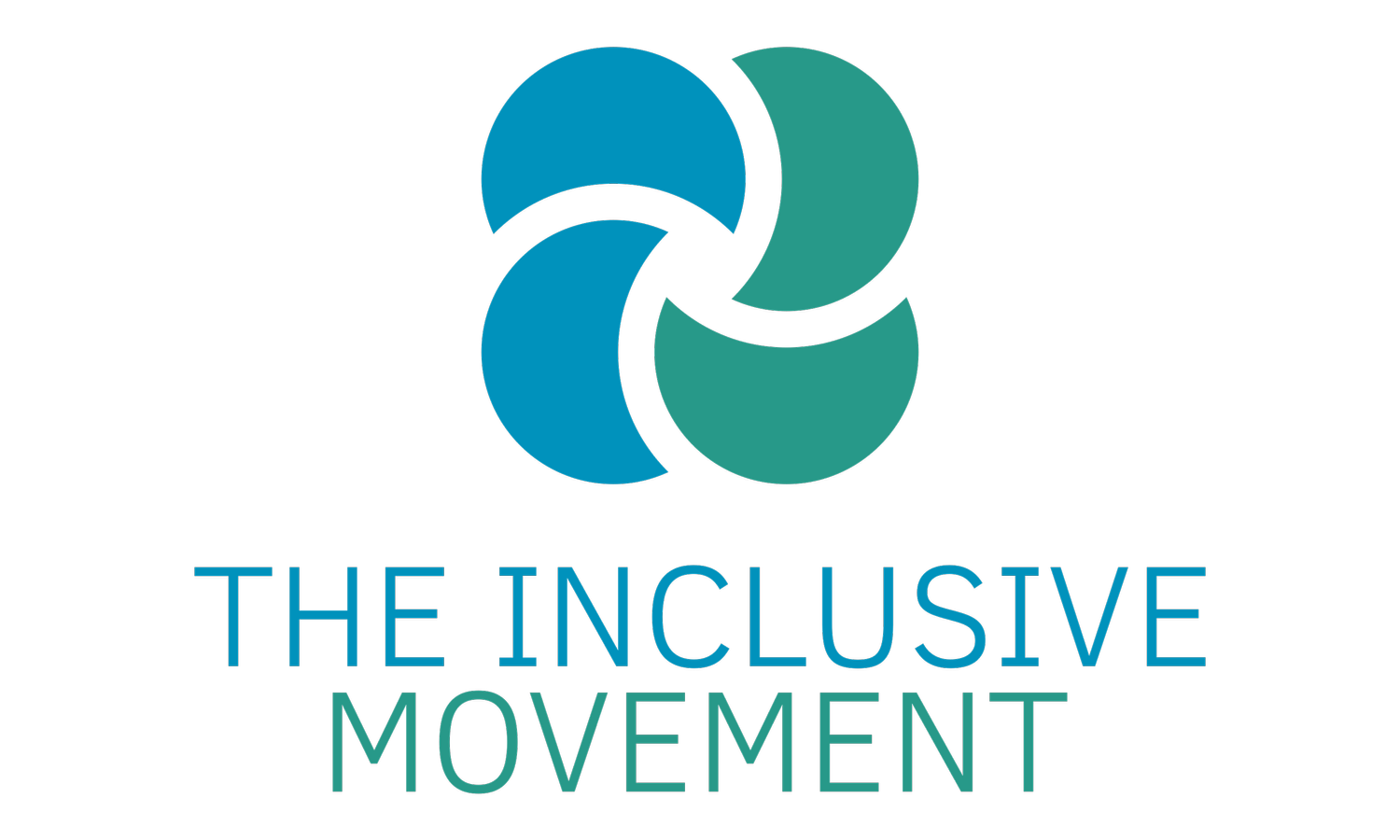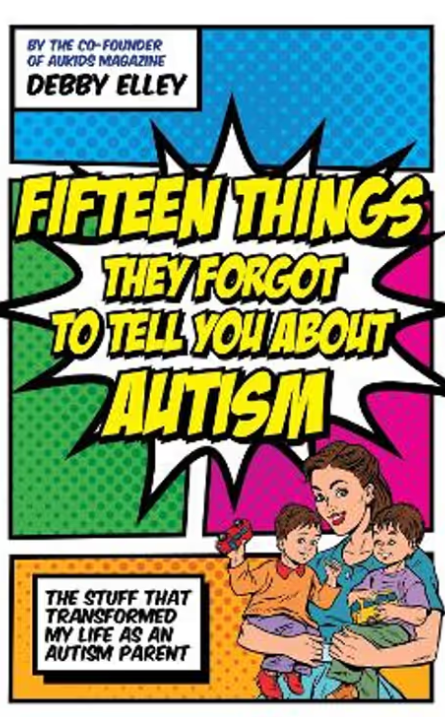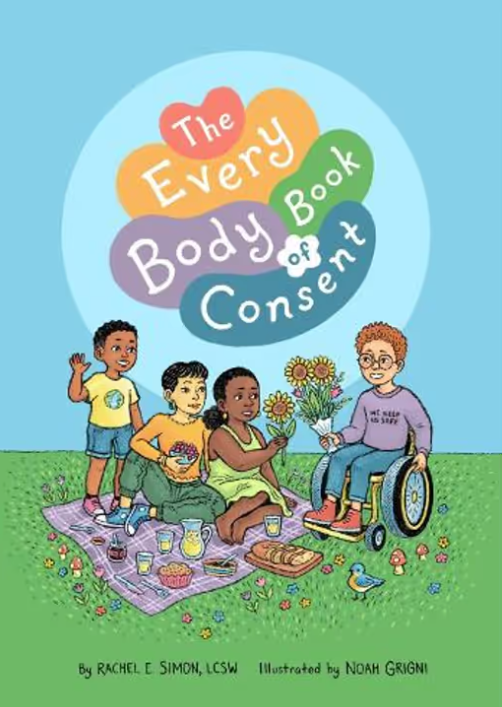 Image 1 of 1
Image 1 of 1


PDA & Low Demand Parenting A Neuroaffirming Guide for Parents, Educators and Professionals By Carol Hegan
Parenting and supporting a child with a PDA (Pathological Demand Avoidance) profile can feel confusing, exhausting, and at times isolating — especially when traditional strategies just don’t seem to work.
PDA & Low Demand Parenting offers a gentle, evidence-informed, and lived-experience perspective on how to understand and support children whose nervous systems are wired for autonomy and connection.
Rather than focusing on control or compliance, this guide invites readers to embrace a low demand, relationship-centred approach — one that honours a child’s need for safety, collaboration, and choice.
Inside, you’ll find:
🌿 Practical strategies to reduce daily pressure and demands
🌿 Tools for emotional co-regulation and communication
🌿 Insights into the PDA profile from a neuroaffirming lens
🌿 Encouragement to parent and teach without guilt or fear
🌿 Real-world reflections from lived experience and professional practice
This guide doesn’t claim to have all the answers — because every child, every family, and every journey is different. Instead, it offers validation, compassion, and gentle reminders that it’s okay to do things differently.
Perfect for parents, educators, and professionals seeking to build understanding, connection, and trust in their approach to supporting PDAers and neurodivergent children.
Parenting and supporting a child with a PDA (Pathological Demand Avoidance) profile can feel confusing, exhausting, and at times isolating — especially when traditional strategies just don’t seem to work.
PDA & Low Demand Parenting offers a gentle, evidence-informed, and lived-experience perspective on how to understand and support children whose nervous systems are wired for autonomy and connection.
Rather than focusing on control or compliance, this guide invites readers to embrace a low demand, relationship-centred approach — one that honours a child’s need for safety, collaboration, and choice.
Inside, you’ll find:
🌿 Practical strategies to reduce daily pressure and demands
🌿 Tools for emotional co-regulation and communication
🌿 Insights into the PDA profile from a neuroaffirming lens
🌿 Encouragement to parent and teach without guilt or fear
🌿 Real-world reflections from lived experience and professional practice
This guide doesn’t claim to have all the answers — because every child, every family, and every journey is different. Instead, it offers validation, compassion, and gentle reminders that it’s okay to do things differently.
Perfect for parents, educators, and professionals seeking to build understanding, connection, and trust in their approach to supporting PDAers and neurodivergent children.





